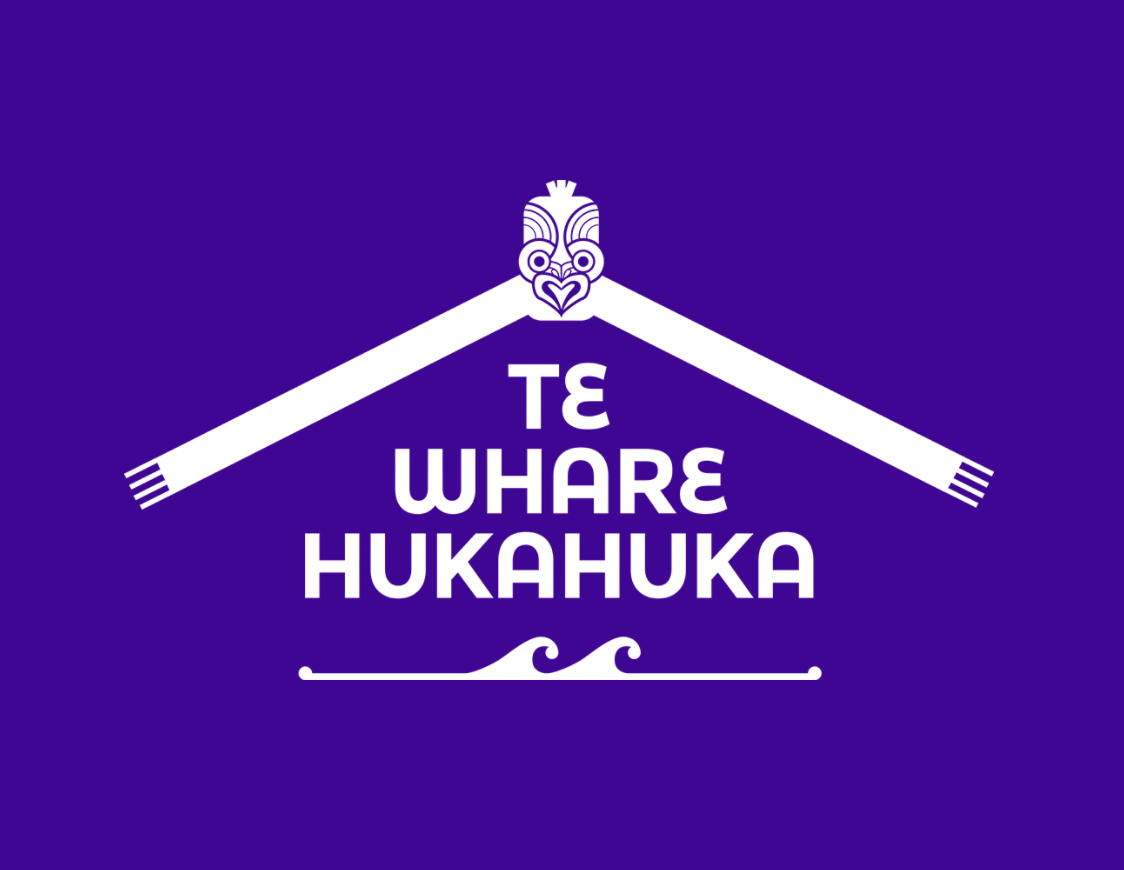Māori & Pasifika E-commerce Scholarships Worth $1.3million Are Being Offered Up To Improve Disposable Household Income

Social Enterprise Te Whare Hukahuka is on a mission to grow disposable household income through offering e-commerce scholarships amounting a total of $1.3million to Māori and Pasifika.
For the second year running, Te Whare Hukahuka will roll out its flagship three-month e-commerce and digital marketing programme ‘Ka Hao i te Ao’. The online programme is part of the company’s mission statement, to improve the lives of 10 million indigenous people.
CEO Travis O’Keefe believes the course supports their social positioning to increase the disposable household income of each student who participates.
“We can train Māori and Pasifika from all walks of life in e-commerce. Our previous students have been mothers at home, beneficiaries, professionals to even business owners. The e-commerce training we provide can look to increase income into the home, whether it’s $100, $250, $1000 a week. This way of course has a multiplier effect, improving health, education, justice and social; thus having a massive social impact” says O’Keefe.
When the Covid-19 pandemic hit Aotearoa last year, O’Keefe says there has been a massive growth in e-commerce and says the company is on track to grow by 300% this year alone.
The programme is 99% run online, with Indigenous e-commerce experts from around the globe such as Niue, Canada, United States of America and Australia tuning in to share their knowledge.
Returning to support the ‘buy indigenous, for indigenous’ led initiative is global e-commerce giant Shopify. The Canadian multinational company is known for supporting Indigenous e-commerce globally and it will be the company’s platform that will also be used as the foundation for the online course.
“We are so thrilled to hear of Ka Hao’s programme development and success. Seriously amazing to see that they are tripling their attendance this year. Ka Hao has the highest number of indigenous entrepreneurs of the indigenous hubs since 2020 under the social impact project” says David Pereira – Shopify’s Global Indigenous Programs Lead.
“At the end of the day, this is more than just e-commerce, it's about improving family lives. Because behind every e-commerce entrepreneur we teach, there is a family and the amount of money they generate helps that family unit to overcome the hardships they face'' says O’Keefe.
Te Whare Hukahuka is the largest indigenous e-commerce training company in the world.
The $1.3million funding in scholarship is made up from a combination of philanthropy, government funding and donations. The scholarships currently being offered are worth $7,500.
To apply for the programme, you must be of Māori and Pasifika descent and be able to commit to at least 6-8 hours a week for a duration of 12 weeks.
Applications close mid-August with the course set to begin in September.
For more information about the scholarships please go to the website www.twh.co.nz
Ka Hao i te Ao - Social Impact Report 2020 showed:
- In the 2020
programme, 57 participants completed the full programme, an
84% completion rate.
- 43 of the 57 participants launched
their own e-commerce store, have made their first sale and
increased their proficiency in the ICT skills.
- Those
who had no business experience or e-commerce store prior to
the programme generated between $50 to $1898 in their first
week of their store going live.
- those who had a retail
business but no e-commerce experience prior to the programme
generated between $6850 to $27,980 over the month of
November 2020 once they had implemented their
knowledge.
- 2020 participants included: Former NZ
Professional Boxer Shane Cameron (Counter Punch);
Māori Fashion Designer Nichola Te Kiri (Nichola); Ngāti
Kahungunu ki Wairoa woman Benita Tahuri (Ihi
Free to Fly); Gisborne single mother of three Holly
Maitai (Dirty
Mulle)
According to Statistics New Zealand data:
- New Zealand household disposable income was
up before Covid-19 hit, but so were housing costs.
-
Average annual household disposable income, after tax, rose
3.9 per cent to $86,626 for the year ended June 2020
compared with a year earlier.
- Gross average annual
household income rose 3.6 per cent to $107,731.
- At the
same time, the average annual housing cost increased 3.8 per
cent to $17,980.
- Māori households have 15 per cent
less income than non-Māori income households.
- In the
year ended June 2019, about one in five Māori children
(55,000) lived in households with less than 50 percent of
the median equivalised disposable household income before
housing costs are deducted. The rate is similar for Pacific
children (30,200). These rates compare with about one in
nine for European children (80,300).
- Low-income rates
for Māori and Pacific children remained unchanged compared
with the year ended June
2019.


 Gordon Campbell: On The Left’s Electability Crisis, And The Abundance Ecotopia
Gordon Campbell: On The Left’s Electability Crisis, And The Abundance Ecotopia NZCAST: NZCAST Leads Ongoing Cross-Agency Collaboration To Break Down Barriers For Survivors Of State Abuse
NZCAST: NZCAST Leads Ongoing Cross-Agency Collaboration To Break Down Barriers For Survivors Of State Abuse Regional and Unitary Councils Aotearoa: Regional And Unitary Councils Back A Practical FWFP System
Regional and Unitary Councils Aotearoa: Regional And Unitary Councils Back A Practical FWFP System NZ Government: Stay Safe On Our Roads This Easter
NZ Government: Stay Safe On Our Roads This Easter YWCA: Global Push Back Against Gender Equality A Growing Crisis In Aotearoa
YWCA: Global Push Back Against Gender Equality A Growing Crisis In Aotearoa Te Pāti Māori: Ngarewa-Packer - Fast-Tracking Seabed Mining Ignores Māori Opposition And Environmental Precedent
Te Pāti Māori: Ngarewa-Packer - Fast-Tracking Seabed Mining Ignores Māori Opposition And Environmental Precedent New Zealand Defence Force: Defence And Customs Strengthen Maritime Security With Uncrewed Surface Vessels
New Zealand Defence Force: Defence And Customs Strengthen Maritime Security With Uncrewed Surface Vessels


